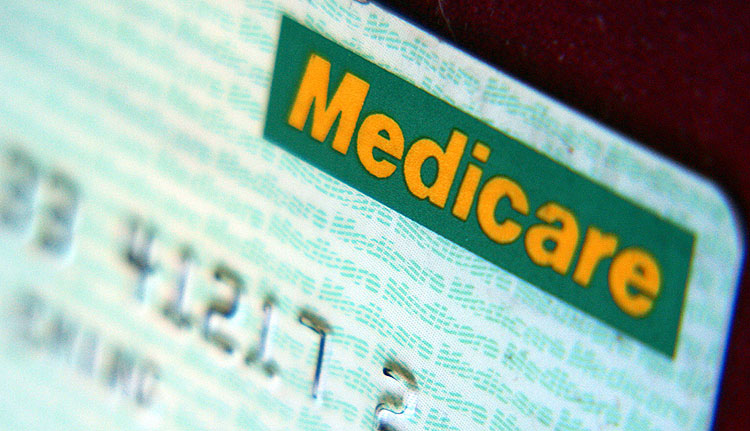Changes Offer Greater Protection For More Than 57.7 Million Americans

“We’re taking this step to protect our seniors from fraudulent use of Social Security numbers which can lead to identity theft and illegal use of Medicare benefits,” said CMS Administrator Seema Verma. “We want to be sure that Medicare beneficiaries and healthcare providers know about these changes well in advance and have the information they need to make a seamless transition.”
Providers and beneficiaries will both be able to use secure look up tools that will support quick access to MBIs when they need them. There will also be a 21-month transition period where providers will be able to use either the MBI or the HICN further easing the transition
Personal identity theft affects a large and growing number of seniors. People age 65 or older are increasingly the victims of this type of crime. Incidents among seniors increased to 2.6 million from 2.1 million between 2012 and 2014, according to the most current statistics from the Department of Justice. Identity theft can take not only an emotional toll on those who experience it, but also a financial one: two-thirds of all identity theft victims reported a direct financial loss. It can also disrupt lives, damage credit ratings and result in inaccuracies in medical records and costly false claims.
CMS will assign all Medicare beneficiaries a new, unique MBI number, which will contain a combination of numbers and uppercase letters.
Beneficiaries will be instructed to safely and securely destroy their current Medicare cards and keep the new MBI confidential. Issuance of the new MBI will not change the benefits a Medicare beneficiary receives.
•••
For more information, please visit: https://www.cms.gov/medicare/ssnri/index.html